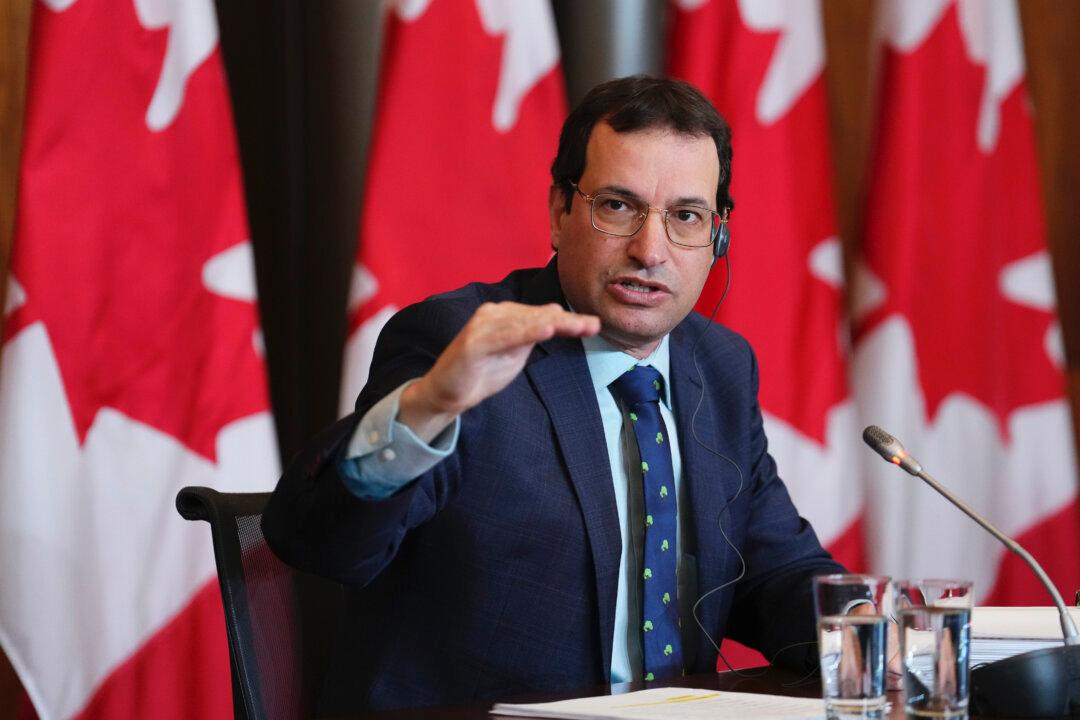Environment Commissioner Jerry DeMarco said on June 13 that the Liberal government needs to implement more “realistic” initiatives, saying the 2019 promise of planting two billion trees can not be done without the provinces’ participation.
“They need to concentrate much more on results,” DeMarco testified at the House of Commons natural resources committee. “This is a theme of a lot of our reports: They have to be realistic with their programs.”





